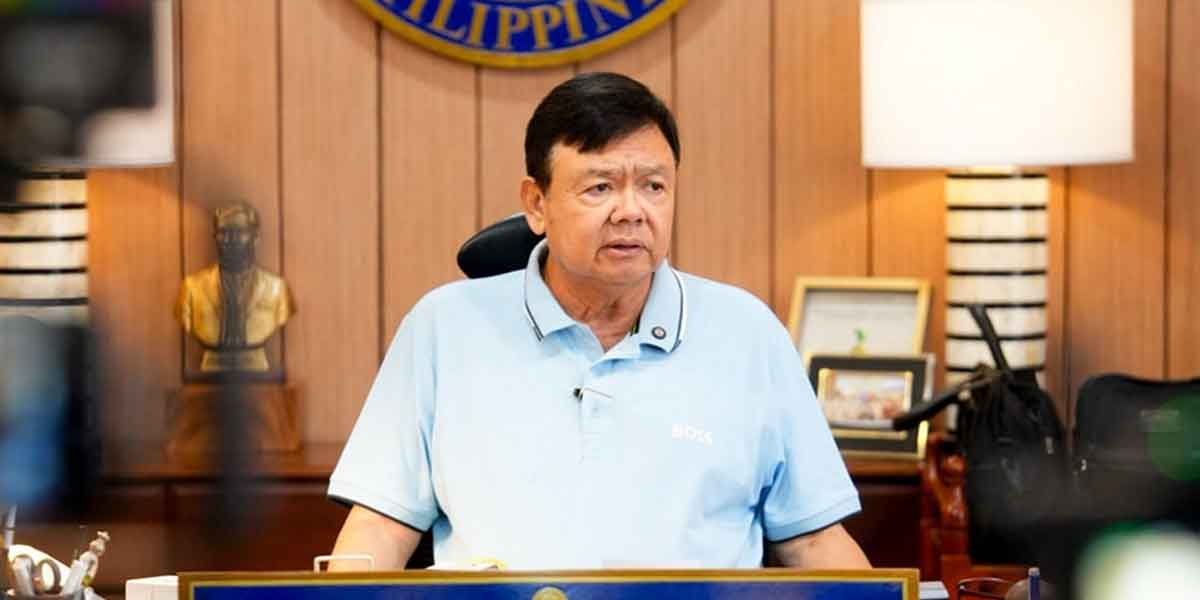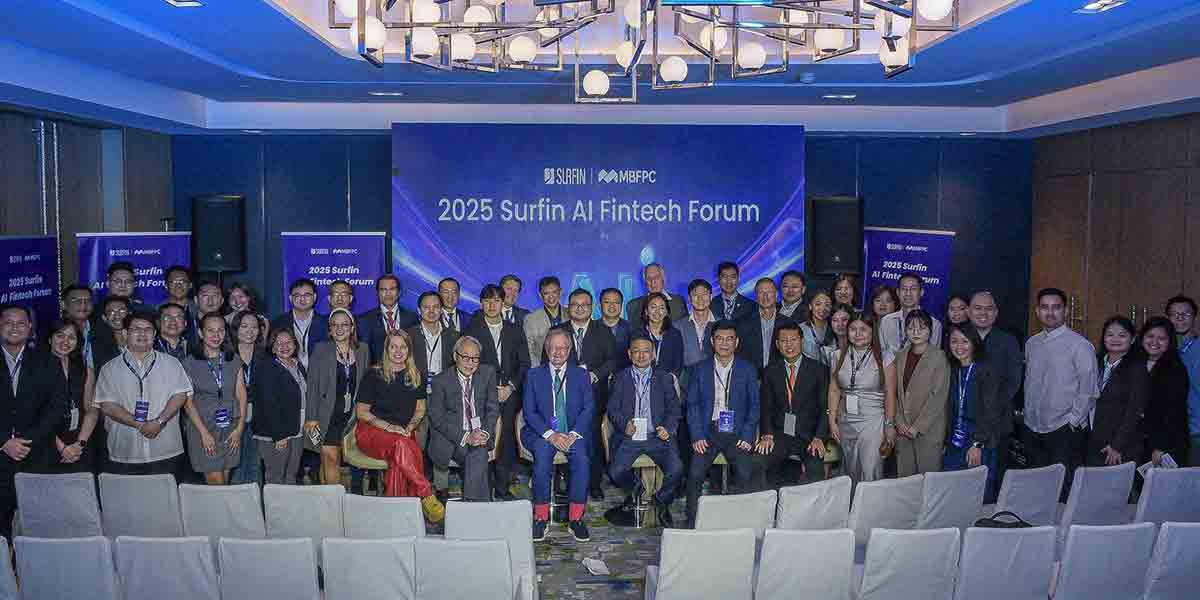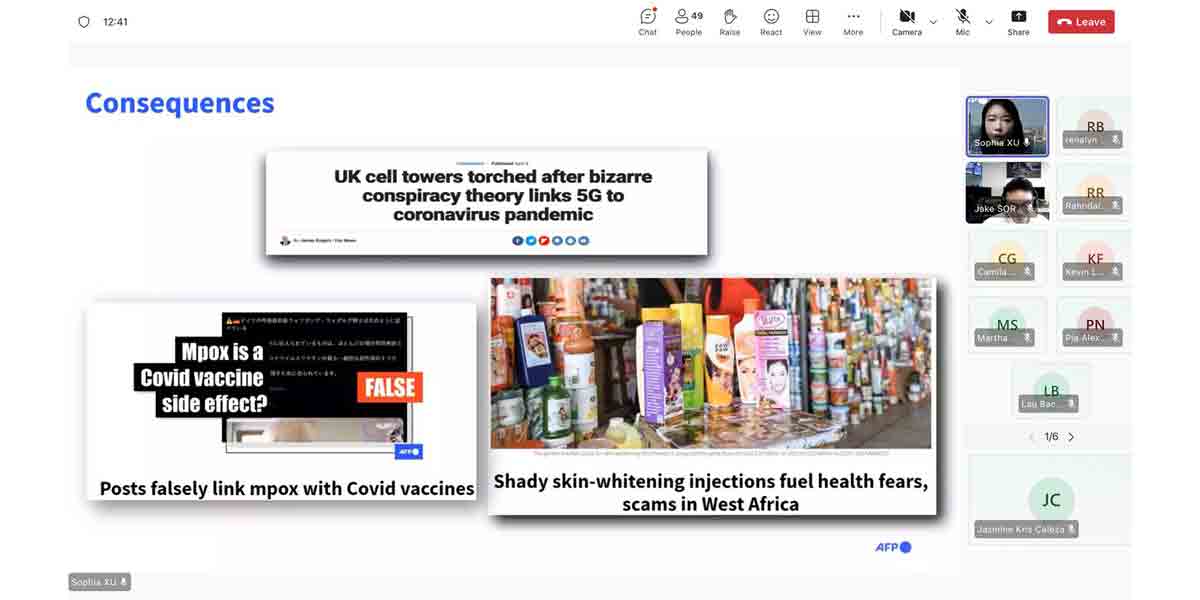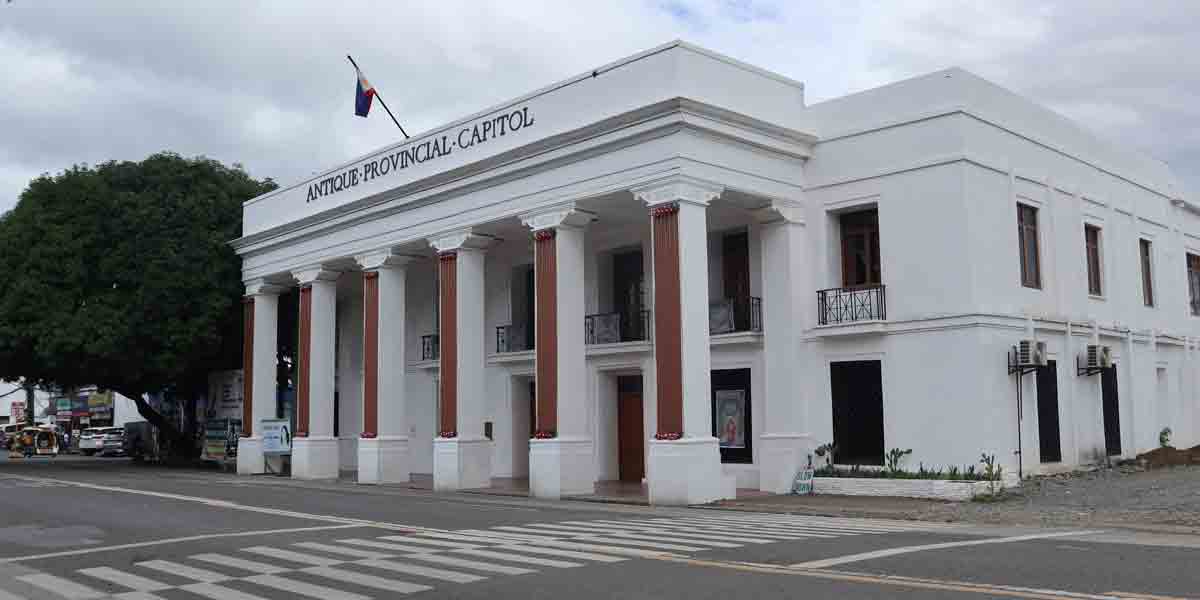The Bureau of Internal Revenue (BIR) has created a task force to ensure that registered business enterprises (RBEs) in the Information Technology-Business Process Management (IT-BPM) sector currently enjoying tax incentives are complying with the requirement under the law for them to do business within the special economic zones (SEZs) or freeports where they are located and registered.
BIR Deputy Commissioner Arnel Guballa said in a report to Finance Secretary Carlos Dominguez III that the Bureau has issued mission orders (MOs) allowing the conduct of ocular inspections of the place of business of RBEs, to determine if they are complying with the conditions for the grant of incentives under the Corporate Recovery and Tax Incentives for Enterprises (CREATE) Act, particularly those relating to on-site work rules.
IT-BPM firms were temporarily allowed by the Fiscal Incentives Review Board (FIRB) to resort to ‘work-from-home’ arrangements without losing incentives granted to them as ecozone locators so they could continue doing business offsite at the height of the pandemic. The WFH arrangements for RBEs were allowed up to March 31, 2022.
Under Section 309 of the National Internal Revenue Code (NIRC) of 1997, as amended by CREATE, RBEs and/or registered activities must be conducted within the geographical boundaries of the ecozone or freeport where they are located to be entitled to fiscal incentives.
Dominguez, who is also FIRB chairman, earlier clarified that RBEs in the IT-BPM sector are free to adopt WFH arrangements beyond the March 31 deadline, and that the decision on which particular work arrangement to approve is an exercise of corporate management discretion.
“No one is prohibiting them or impinging on their management prerogative to continue implementing their WFH setups. However, they must give up the tax incentives they currently enjoy because the law is clear on this,” Dominguez said.
DOF Assistant Secretary and FIRB Secretariat Head Juvy Danofrata has pointed out that as separate customs territories, economic zones and freeports were established to promote export activities and allow the free flow of goods and services (including IT-BPM services) within the boundaries of said zones or freeports.
Towards this end, she said tax incentives are granted to priority projects or activities located in these zones.
“The government has exercised significant caution in balancing the economy’s needs and the health requirements to address concerns the pandemic caused. However, we believe that the current situation already allows us to direct our policies towards fully reopening the economy,” said Danofrata.
She added that, “Given the increasing vaccination rate of Filipinos nationwide, we can now undertake safety measures for the physical reporting of employees. In fact, the President has ordered all government agencies and instrumentalities to adhere to the one hundred percent on-site workforce under Alert Level 1.”
Danofrata earlier issued this statement amid calls from certain sectors for the continued adoption of flexible or off-site work arrangements for the IT-BPM sector without them losing their tax perks, which is a privilege of RBEs operating in SEZs or freeports.





















